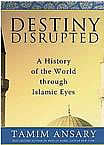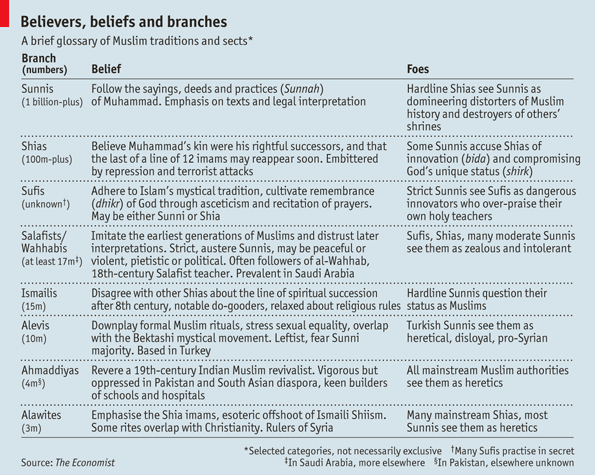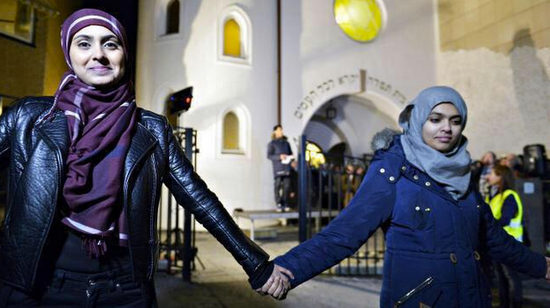
Recently an admirable aproachable review was written in which the Middle East ('Middle Kingdom') is centralized. The book 'Destiny disrupted. A history of the world through Muslim eyes' by Tamim Ansary, succeeds to transfer a nuanced vision of the Islamic world to a larger audience.
A pre-Islamic history of the Middle Kingdom, life of Muhammad and the rise of Islam are described. Moreover, it is not so much about the historical facts about the life of the Prophet, as scholars who try to figure out, but rather what their ordinary Muslims believe of their Prophet. After the death of Muhammad, the Muslim empire expanded rapidly. But after this, Islamization and Arabization of the conquered regions ran significantly slower than expected: it took many centuries before the majority of the population was Muslim, and in many areas population kept his own language instead of to change into Arabic.
Early Muslim leaders quickly created a new empire in size and level of civilization that the empire of Charlemagne left far behind and that could compete with the sophisticated civilizations of China and India. In the following centuries the empire saw a gradual decline and fragmentation, till it was struck in the 12th and 13th century by the Crusades and extremely destructive Mongol invasions.
One of the reactions on the Mongol invasions came from an illustrious during the troubled times of the Mongol invasions living Islamic scholar, theologian and logician born and sought the return of Islam to original interpretations, the Qur'an and the Sunnah. The radical ideas were given more support centuries later: in the 18th century amoung Wahhabi adherents and in 19th century with the Salafi movement.


